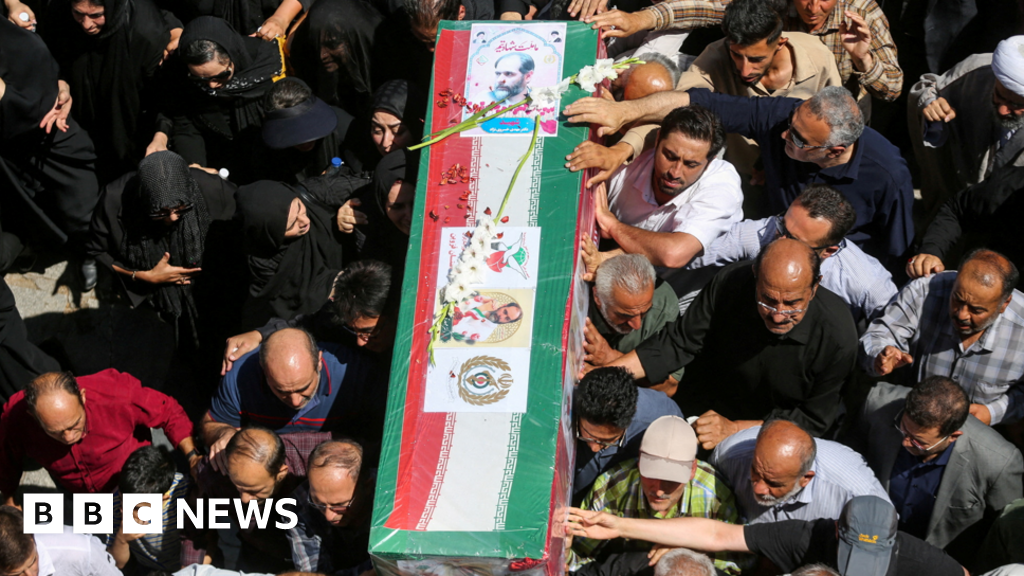ARTICLE AD BOX
President Trump issued a new broad travel ban Wednesday on 12 countries and a partial ban on seven others, saying the U.S. doesn’t have enough confidence in their systems to be able to prevent national security risks from sneaking in.
The full ban applies generally to most nonimmigrant visa categories, while citizens from the partial ban countries will lose access to tourist, student and exchange visas.
Mr. Trump carved out a number of exceptions to the travel bans, including those who already hold green cards as legal immigrants to the U.S., foreign adoptees, and athletes who may be coming here for the upcoming World Cup, Olympics or other major sporting events.
But the president said the countries he targeted are too “deficient” in their vetting and screening, and many of them also refuse to cooperate with the U.S. in taking back their deportees.
“The United States must ensure that admitted aliens and aliens otherwise already present in the United States do not bear hostile attitudes toward its citizens, culture, government, institutions, or founding principles, and do not advocate for, aid, or support designated foreign terrorists or other threats to our national security,” Mr. Trump said.
The 12 countries subject to full restrictions are Afghanistan, Burma, Chad, the Congo Republic, Equatorial Guinea, Eritrea, Haiti, Iran, Libya, Somalia, Sudan and Yemen.
The seven nations facing partial restrictions are Burundi, Cuba, Laos, Sierra Leone, Togo, Turkmenistan and Venezuela.
The new policy harkens back to the travel ban from Mr. Trump’s first term, somewhat erroneously derided as a “Muslim ban,” which blocked entry of people from some largely Muslim nations.
That policy, after some tweaks, survived a Supreme Court challenge.
Mr. Trump’s new attempt seems to try to avoid some of the problems that plagued last term’s early ban.
He listed extensive reasons for the 19 countries he’s targeting, such as security problems within their borders, their refusal to cooperate in deportation matters and, in many cases, the fact that their citizens have a tendency to ignore U.S. immigration rules.
Somalia, for example, made the list because it lacks a central government authority capable of issuing secure passports, and is awash in terrorist movements, the president said.
Venezuela made the partial ban list because the U.S. doesn’t trust the central government and it has refused to cooperate in taking back deportees, the president said. Its tourists also have a tendency to overstay their visas.
The ban applies going forward, which means anyone who has already secured a visa can still use it.
Immigration groups called the new proclamation “racist” and said it was heavy on Muslim and African nations.
“The xenophobic fanatics controlling the federal government now believe they have a mandate for hate and cruelty,” said Murad Awawdeh, president of the New York Immigration Coalition. “History will look back at this moment as one of the darkest in American history, but we know that light will ultimately prevail.”
He called the new policy a “super-charged Muslim and African ban.”
Mr. Trump, in his proclamation Wednesday, celebrated that first-term travel ban, saying it kept some national security “from reaching our borders.”
The new policy grew out of a process Mr. Trump directed earlier this term.
He asked the State and Homeland Security departments and the Director of National Intelligence to come up with a list of risky countries whose own screening was so deficient that the U.S. cannot rely on their information or passports.
“As president, I must act to protect the national security and national interest of the United States and its people,” Mr. Trump said.

 3 weeks ago
60
3 weeks ago
60








 English (US) ·
English (US) ·